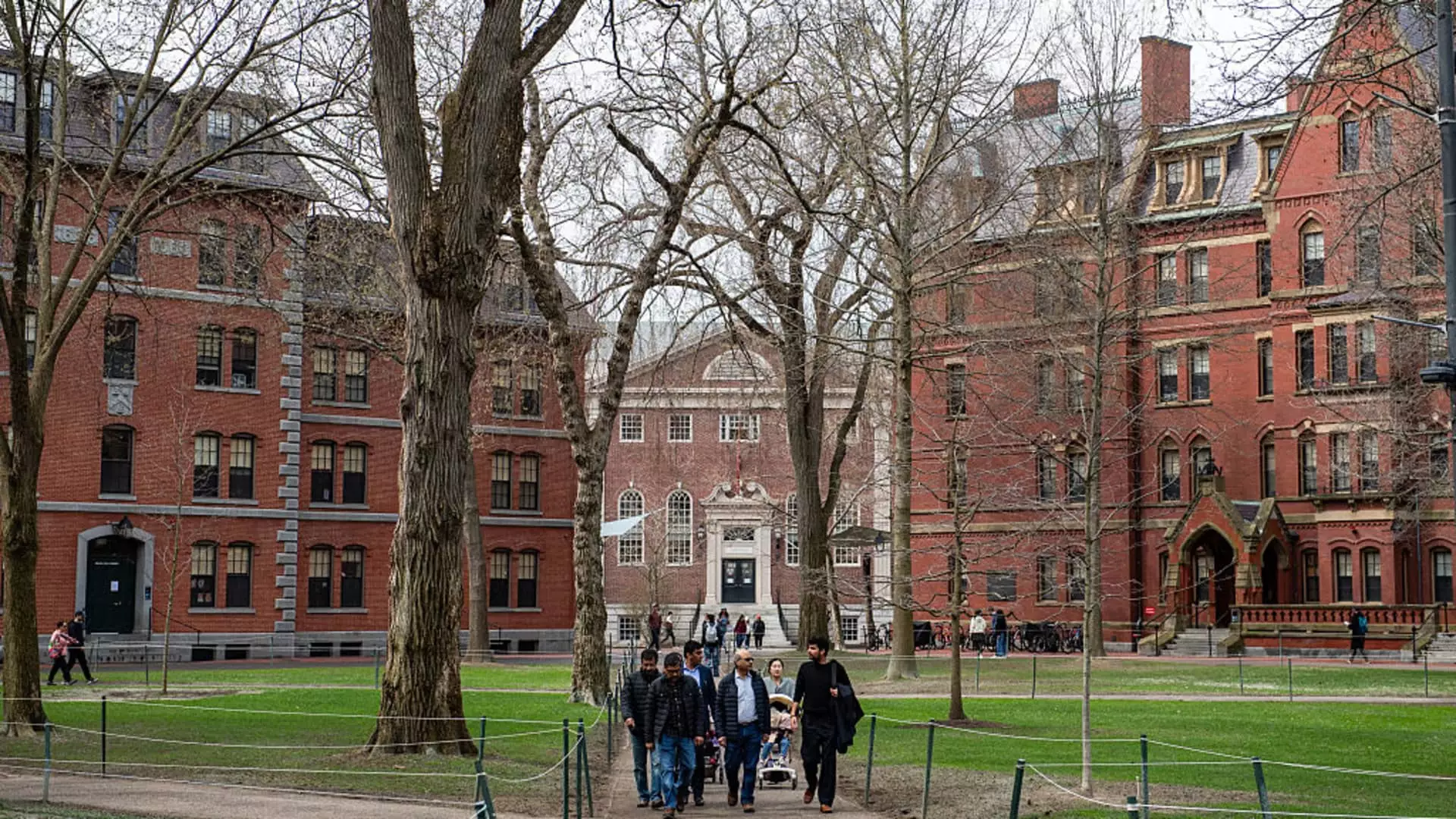In a troubling revelation, a recent letter from the White House to Harvard University has emerged as a stark example of governmental overreach and miscommunication. Reports indicate that the April 11 correspondence, demanding sweeping changes to admissions and hiring practices, was sent without proper authorization. This scenario exemplifies a disturbing trend where powerful institutions, including a prestigious university, find themselves subjected to unaccountable pressure from the government—a step that compromises not only their autonomy but also the very principles of higher education.
A History of Intimidation
The directives outlined in the White House letter, which called for the elimination of Diversity, Equity, and Inclusion (DEI) programs and mandated ideological screenings for international students, represent an alarming shift toward an authoritarian stance on educational governance. Such demands, if not contentiously challenged, could lead to a suppression of diverse viewpoints in academic institutions. What is more concerning is not only the severity of these demands but also the troubling implications they carry for students. By screening international students for ideological conformity, the government risks transforming educational spaces into breeding grounds for ideological homogeneity.
The Fallout: A Dangerous Game
The negotiation aftermath between Harvard and the White House is equally troubling. Harvard’s rejection of the demands, putting approximately $9 billion in federal funding at risk, signals a crucial resistance against governmental coercion. Yet this act of defiance unveils a precarious battleground where education funding becomes a weapon of political gamesmanship. The subsequent freeze of $2.2 billion in grants by the White House demonstrates how easily education can be politicized. In this dangerous game between a university trying to maintain its principles and a government seeking control, the stakes are horrifically high—students, educators, and employees are caught in the crossfire.
Echoes of Authenticity
What compounds the chaos is the conflicting narratives surrounding the letter’s legitimacy. While it bore the signatures of high-ranking officials and was dispatched through official channels, the White House’s inability to clarify the mishap raises questions about accountability within its ranks. Harvard’s response, which acknowledged the letter’s authenticity while demanding clarity on what was purportedly a mistake, points to a chilling reality. In our democracy, when government actions elicit fear and confusion rather than transparency, the fabric of trust begins to fray. An educational institution should engage in rigorous debate and cultivate critical thought—not operate under the shadow of governmental intimidation.
A Call for Intellectual Independence
This troubling episode is a clarion call for defenders of intellectual independence. Universities must be bastions of diverse thought, with rich dialogues unfettered by ideological constraints. The government’s attempts to impose its ideology must be met with unwavering resistance. It’s essential that we advocate for educational frameworks that foster critical engagement rather than ideological conformity. In a time where political polarization continues to deepen, the risk to our educational institutions is not merely an abstraction; it threatens the foundation of what academic freedom represents.



Leave a Reply